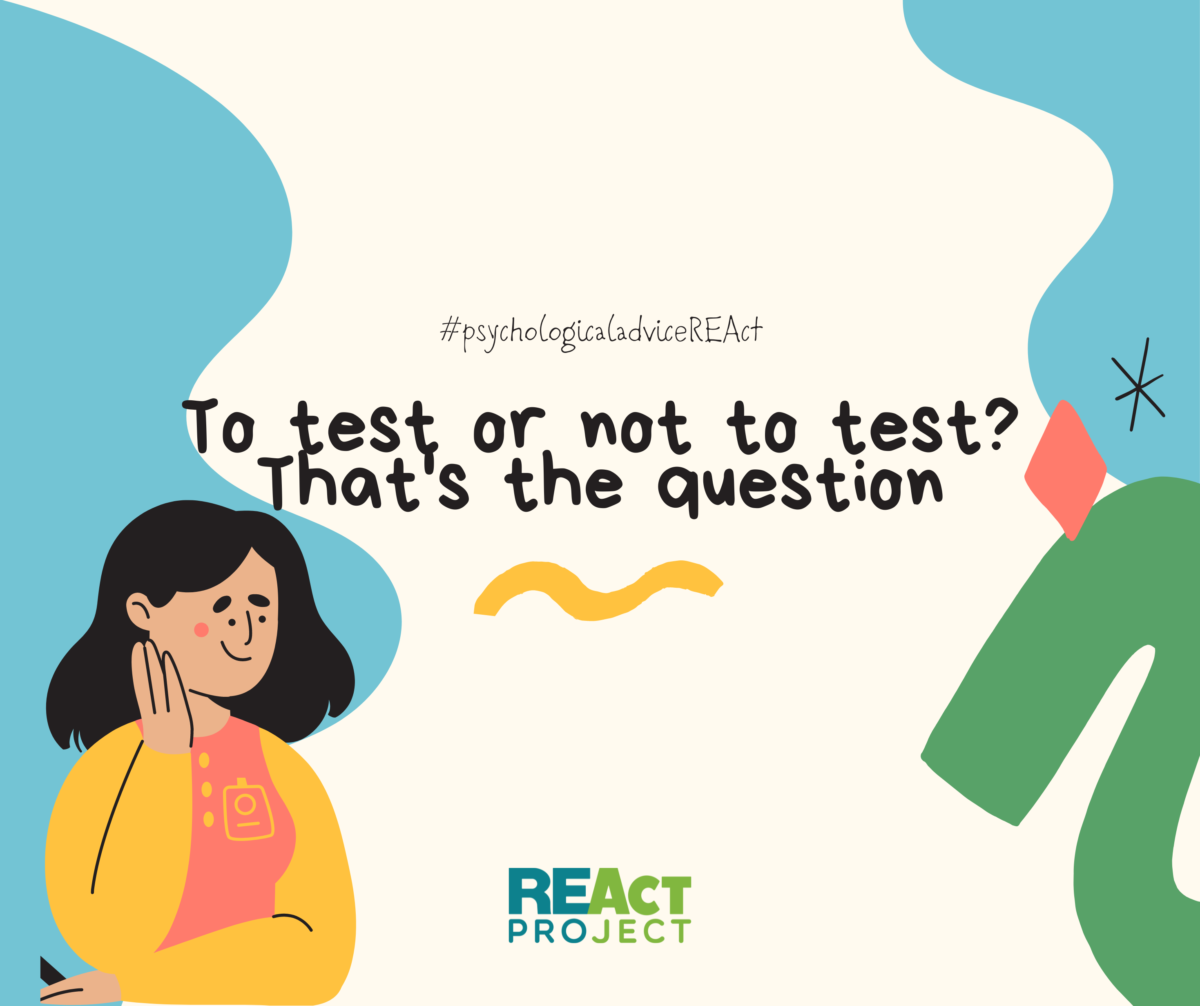During the war, we might forget the essential things that can save our lives. A trip to the doctor for the purpose of a preventive examination might be inappropriate for someone. However, it is necessary to keep the line on all fronts. And personal life is an example of this. Taking care of your health and the health of a loved one is the key to victory. We remind you: testing is easy and it saves lives!
So when exactly should you get tested for HIV and other STDs?
Let’s recall: sexually transmitted diseases (STDs) are caused by more than 30 different bacteria, viruses, and parasites. STDs are spread mainly through unprotected sexual contact, such as vaginal, anal, and oral sex.
Today, the most common are 8 STDs. 4 of them are curable: syphilis, gonorrhea, chlamydia, and trichomoniasis. The other 4 – human papillomavirus (HPV), human immunodeficiency virus (HIV), hepatitis B, and herpes – are viral and incurable infections. With treatment, their impact can be reduced.
STD testing is mandatory:
- when a new sexual partner appears, before the first contact with her/him/them;
- at the first appearance of the following symptoms: pain, urination disorders, the appearance of abnormal secretions (changes in their quantity, consistency, color, smell), and the formation of rashes on the skin and mucous membranes of the genital organs; for women – violation of the menstrual cycle, change in the nature of menstruation;
- if you or your partner(s) have sex with other partners;
- if your partner takes drugs by injection;
- if you had unprotected sex with a person who was diagnosed with STD;
- if you have had sex with a person who has not been tested for HIV and other STDs in a very long time;
- if the condom was damaged during sex.
There are many more conditions for mandatory STD testing. One of them is a gray window.
What is the “grey window” and why is it important to get tested for STDs regularly?
“Grey window” is a period of absence of antibodies for a short period after infection. Simply put, the analysis will not show the disease and the causative agent, but the disease is already present and gradually progressing. You may not feel its symptoms yourself, but you can easily infect others during unprotected sex. For HIV infection, for example, the “gray window” period can last from several weeks to 2-3 months.
Emergency contraception very often can only do harm, because by irritating and destroying the mucous membrane, the penetration process and the development of STDs are accelerated many times over. Post-contact prophylaxis should be prescribed very quickly (on the first or second day after sexual intercourse) and only after consultation with a qualified doctor.
We remind you: during any unprotected sexual contact, there is a risk of STD infection. Thus, almost all STDs are transmitted during oral sex, except for trichomoniasis. There is also, albeit a low, probability of HIV transmission. During oral/vaginal/anal contact, the passive (“receiving”) partner has a significantly higher risk of infection.
How often and what should be tested for preventive purposes?
The recommended frequency of preventive testing is once a year. It is important to be examined for the following diseases: HIV, syphilis, hepatitis B and C, gonorrhea, chlamydia, genital mycoplasma, trichomoniasis, herpes simplex virus type I/II, cytomegalovirus, human papillomavirus (types 6, 11, 16, 18). Be sure to ask your doctor about an expanded testing package that covers all of these conditions, as they are often not included in a standard examination.
In the event of a change of partner/partners, frequent unprotected sex, anal sex, injecting psychoactive substance use, it is recommended to be tested for HIV, syphilis, gonorrhea, chlamydia, and hepatitis B and C once every 3-6 months.
Remember! You still have time and opportunity to start the new year informed and protected! Contact your doctor to get tested for STDs. In Harm Reduction projects, which operate on the basis of non-governmental HIV service organizations, you can be tested anonymously, free of charge, and confidentially for HIV, hepatitis B, C, and syphilis. To do this, contact your social worker or visit a mobile clinic.


